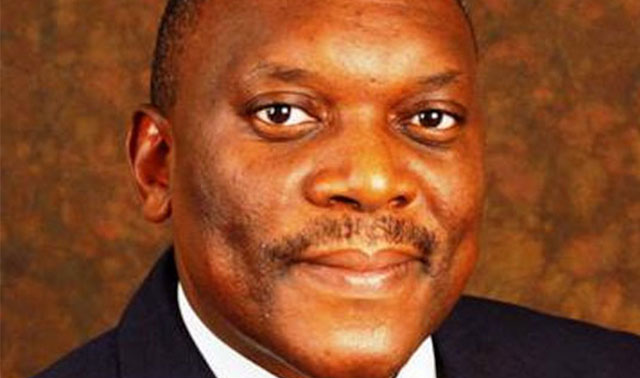
Communications minister Siyabonga Cwele has secured an urgent court interdict preventing communications regulator Icasa from going ahead with its plan to license radio frequency spectrum for 4G/LTE broadband through an auction.
Cwele sought the interdict after Icasa published an invitation to interested parties to apply to take part in the auction for spectrum in the 700MHz, 800MHz and 2,6GHz bands.
“Icasa is interdicted and prevented from implementing the licensing steps and processes referred to in the invitation to apply,” said judge Roland Sutherland in handing down judgment.
Sutherland also interdicted Icasa from accepting bids or taking further steps under the invitation to apply pending an application by mobile operator Cell C to launch court proceedings against it, provided these papers are served by no later than 14 October.
“We believe that this is the correct ruling in the circumstances as there are serious flaws in Icasa’s invitation to apply,” said Cell C chief legal officer Graham Mackinnon.
Mobile operators urgently need access to the spectrum to expand their wireless broaband networks. Both MTN and Vodacom has publicly voiced their support for an auction.
Cwele has courted controversy by proposing the establishment of a single national wholesale open-access network in which all the operators, including MTN and Vodacom, and other interested parties participate as shareholders. This open-access network would then be granted access to spectrum.
The minister accused the regulator of jumping the gun by not waiting for government to finalise the integrated national ICT policy white paper, which deals with how the state wants spectrum to be allocated. The white paper was approved by cabinet on Wednesday and is expected to be made public in the coming days.
MTN said it is studying the court ruling and its implications for the development of the telecoms sector in South Africa.
The operator’s chief corporate services officer, Graham de Vries said: “The speedy allocation of much-needed spectrum will go a long way in alleviating the challenges faced by most operators. MTN has had to densify its network by rolling out more base stations as a result of the lack of frequency spectrum assignment.
“The early assignment of high-demand frequency spectrum is one of the critical aspects to address the issues relating to the cost to communicate discussion. Any further delays may actually be detrimental to South Africa’s ambitions to address the bridging of the digital divide.” — (c) 2016 NewsCentral Media
- Developing story … refresh for updates




